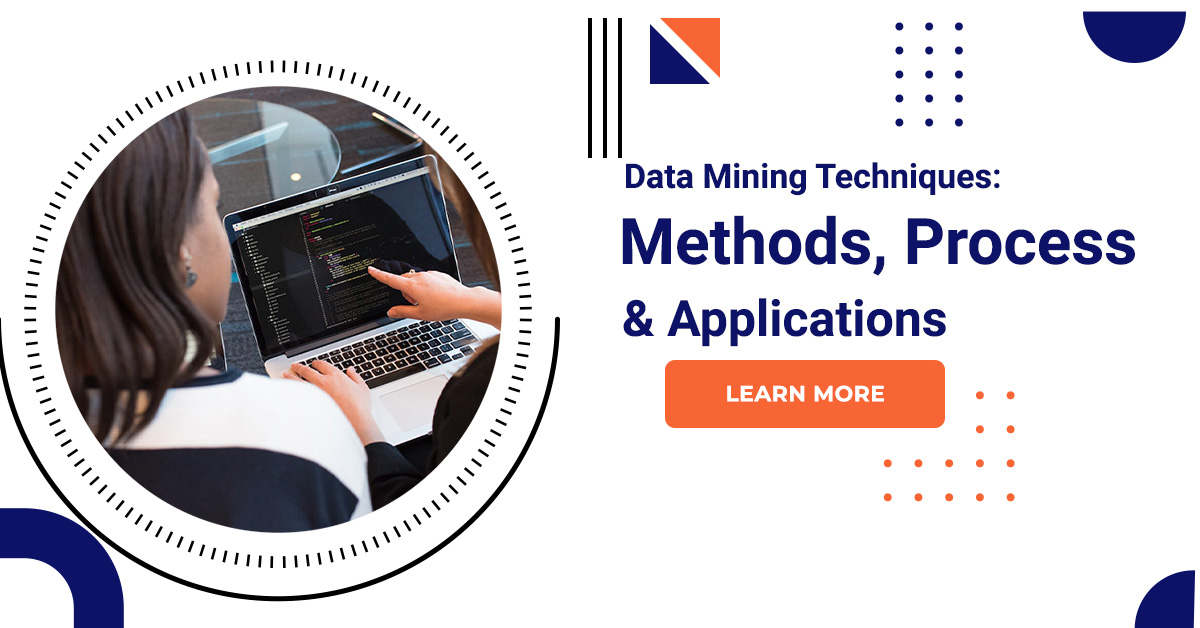Data Mining Techniques: Methods, Process & Applications
In the era of information overload, businesses and organizations are sitting on a goldmine of data. The challenge lies in transforming this raw data into actionable insights. This is where data mining techniques come into play, offering a set of powerful tools and methodologies to unearth valuable patterns and knowledge from large datasets. In this blog post, we’ll explore the fascinating world of data mining and discuss some key techniques that empower businesses to make informed decisions.
Data mining techniques
Business research
Before starting, you need to have a thorough understanding of your business goals, available resources and current scenarios in line with its requirements.
Data quality control
As data is collected from different sources, it needs to be checked and compared to ensure there are no bottlenecks in the data integration process.
Data cleaning
It is estimated that 90% of the time will be spent selecting, cleaning, formatting and anonymizing the data before mining.
Data transformation
Consisting of five sub-phases, the relevant processes here prepare the data into final datasets.
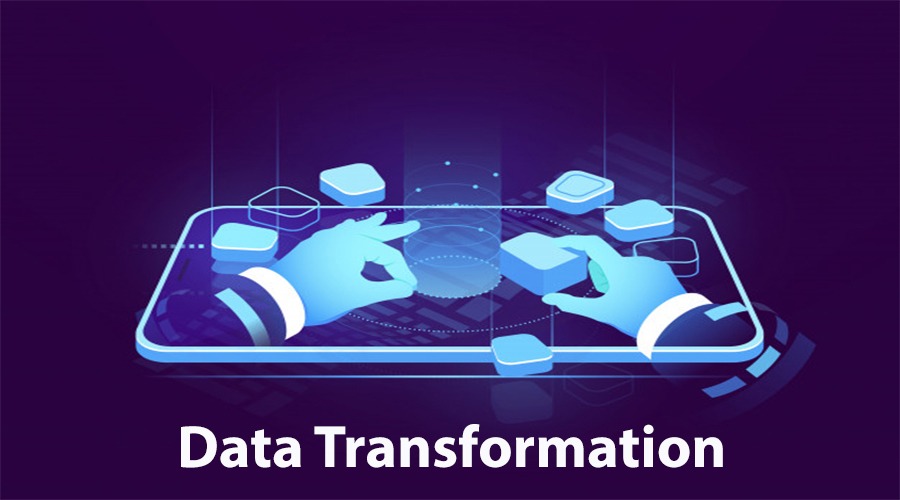
Data modeling
To better identify data patterns, several mathematical models are implemented in the dataset based on several conditions. Learn data science to understand and harness the power of data mining.
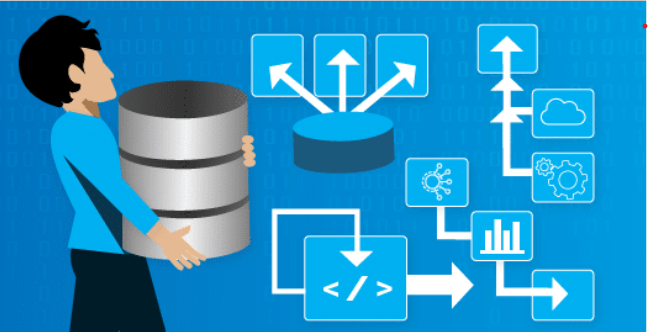
Data mining methods
Association
It is one of the most widely used data mining techniques among all others. In this technique, a transaction and the relationship between its items are used to identify a pattern.
Clustering
Another data mining methodology is clustering. This creates meaningful clusters of objects that share the same properties.
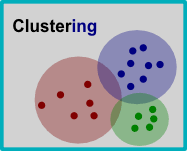
Classification
This technique has its origins in machine learning. Classifies items or variables in a data set into predefined groups or classes. It uses linear programming, statistics, decision trees, and artificial neural networks in data mining, among other techniques.
Prediction
Prediction is one of the other methods of data mining. This technique predicts the relationship that exists between the independent and dependent variables as well as the independent variables themselves.
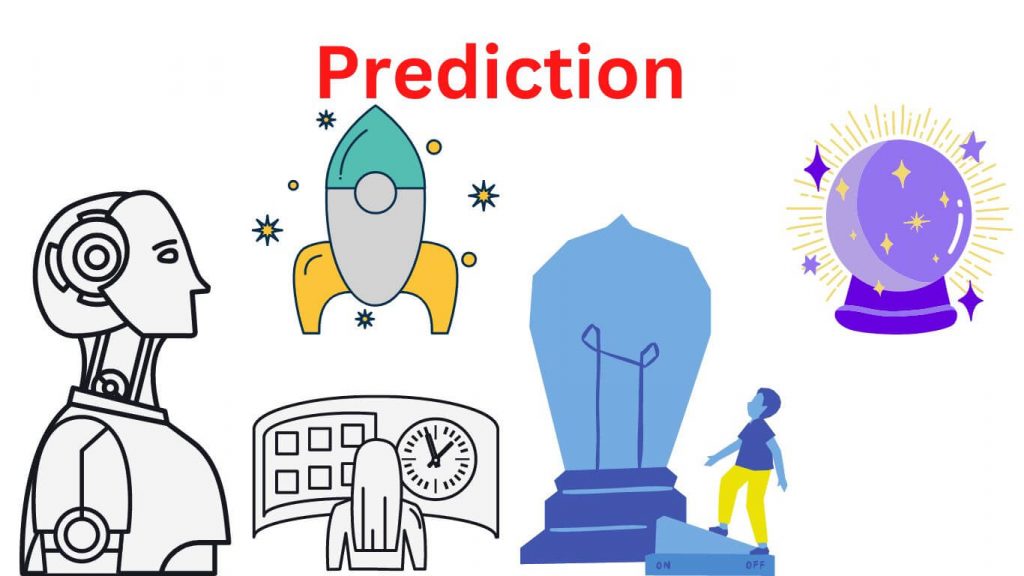
Sequential patterns
This technique aims to use transactional data and then identify similar trends, patterns and events in it over a period of time. Historical sales data can be used to find items that buyers bought together at different times of the year.
Statistical techniques
Statistics is one of the branches of mathematics that follows the collection and description of data. Many analysts do not consider this a data mining technique.
Visualization
Visualization is used to determine patterns in data. This data mining technique is used in the initial stage of the data mining process. It is one of those powerful data mining methods that help uncover hidden patterns.


